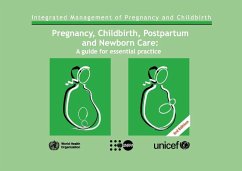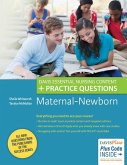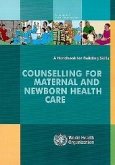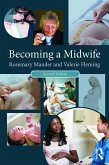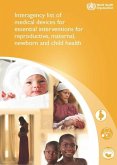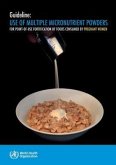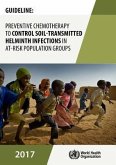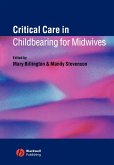This guide provides a full range of updated, evidence-based norms and standards that will enable health care providers to give high quality care during pregnancy, delivery and in the postpartum period, considering the needs of the mother and her newborn baby. All recommendations are for skilled attendants working at the primary level of health care, either at the facility or in the community. They apply to all women attending antenatal care, in delivery, postpartum or post abortion care, or who come for emergency care, and to all newborns at birth and during the first week of life (or later) for routine and emergency care. This guide is a guide for clinical decision-making. It facilitates the collection, analysis, classification and use of relevant information by suggesting key questions, essential observations and/or examinations, and recommending appropriate research-based interventions. It promotes the early detection of complications and the initiation of early and appropriate treatment, including time referral, if necessary. Correct use of this guide should help reduce high maternal and perinatal mortality and morbidity rates prevalent in many parts of the developing world, thereby making pregnancy and childbirth safer.
Hinweis: Dieser Artikel kann nur an eine deutsche Lieferadresse ausgeliefert werden.
Hinweis: Dieser Artikel kann nur an eine deutsche Lieferadresse ausgeliefert werden.

